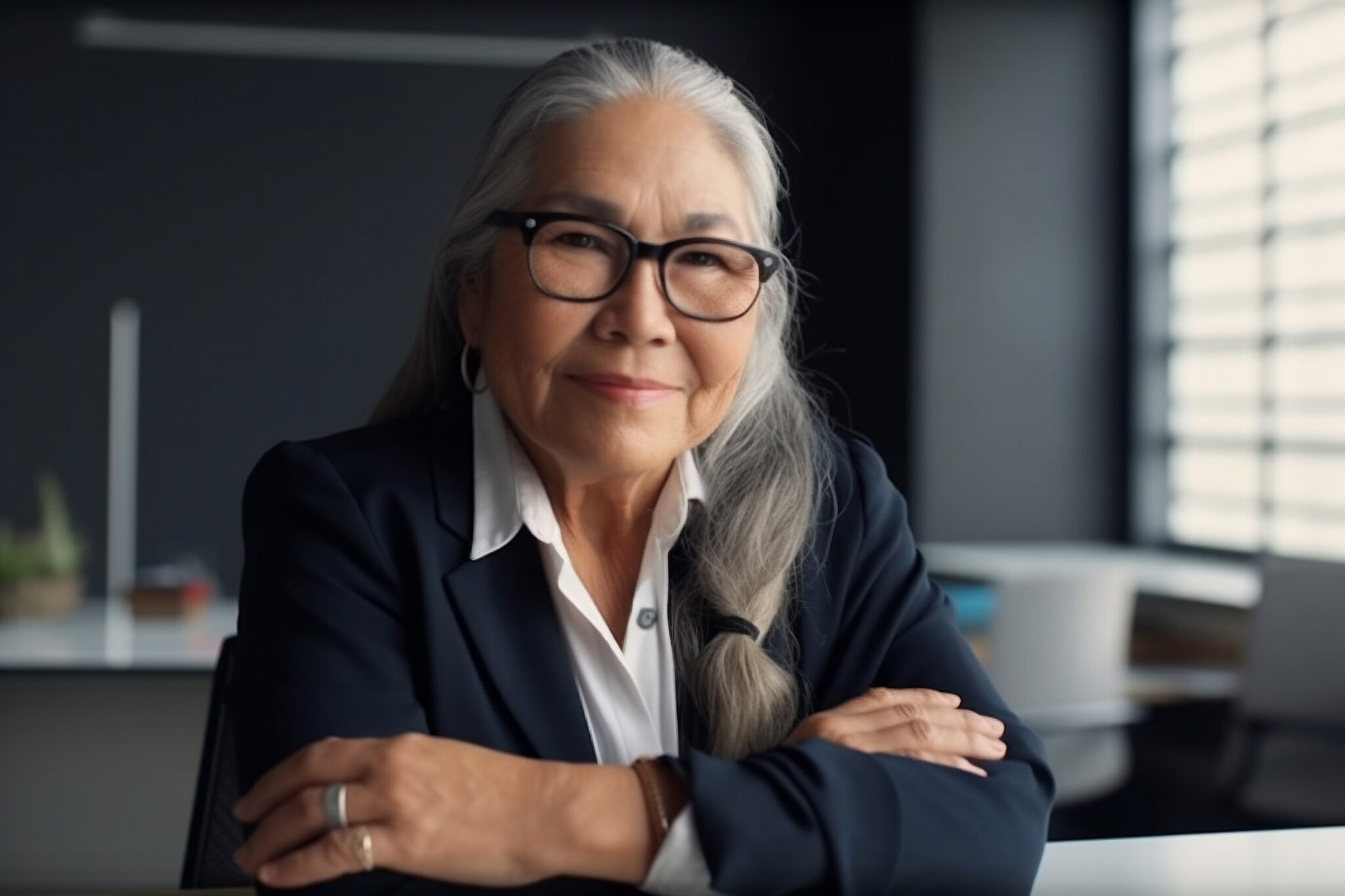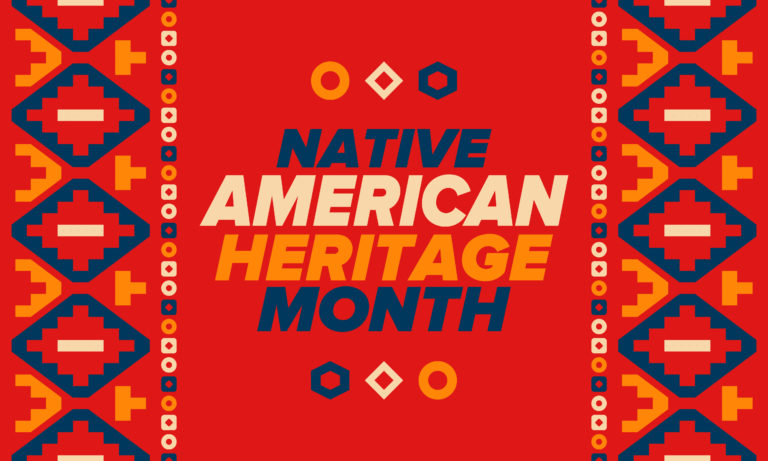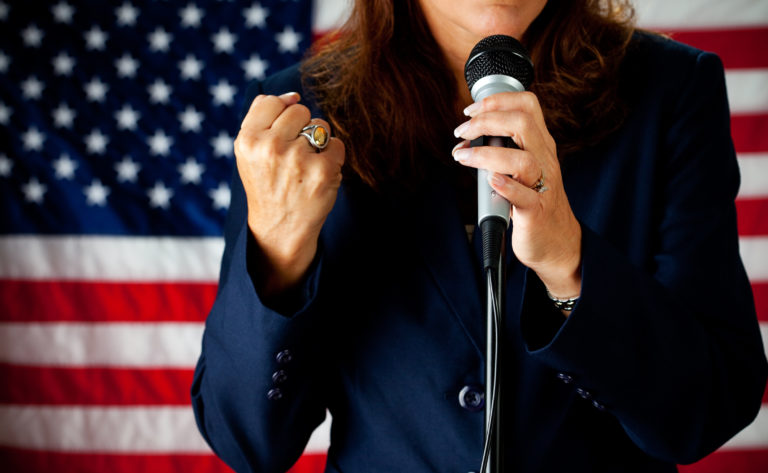November is Native American Heritage Month, honoring and acknowledging the rich history and culture…
Native women are shattering barriers for Indigenous peoples in politics

2018 was a year of incredible firsts for Native women in politics. Voters elected the first two Native women to Congress in our history. Deb Haaland (Laguna Pueblo, Jemez Pueblo) was elected to represent New Mexico’s first congressional district, and Sharice Davids (Ho-Chunk) was elected to represent KS-03, also becoming the first openly LGBTQ+ congressperson from Kansas. Haaland went on to become the first Native cabinet secretary in history when President Biden appointed her U.S. Secretary of the Interior.
That same year, Peggy Flanagan (White Earth Band of Ojibwe) was elected Lieutenant Governor of Minnesota, becoming the highest-ranking Native woman in state executive office. Flanagan is only the second Native woman in history to win a statewide election to an executive office, following Denise Juneau (Mandan, Hidatsa, Blackfeet), who was elected Superintendent of Public Instruction in Montana in 2008.
These leaders have shown that Native women can not only win competitive elections, but that they can be powerful advocates for Native communities. The incredible wins of 2018 inspired a record number of Native women to run for office across the country in 2022. At least 75 Indigenous women from 18 states ran for office across all levels of government, according to research by Advance Native Political Leadership. (And this is probably an undercount!) Among these women was Mary Peltola (Yup’ik), who became the first woman to represent Alaska in the U.S. House and the first Alaska Native congressperson in history.
2022 was also a breakthrough year for Indigenous leaders who are non-binary or Two Spirit. At least two non-binary Native candidates ran for election, according to our research at Advance. Both candidates won, shattering barriers for future generations of Native leaders.
Native candidates face daunting challenges when running for office, like not having access to networks that provide mentorship, technical expertise, and fundraising support. Candidates also face racism, sexism, and harassment on the campaign trail. Despite this, Native women and non-binary candidates have shown tremendous resilience in continuing to fight for representation for their communities.






